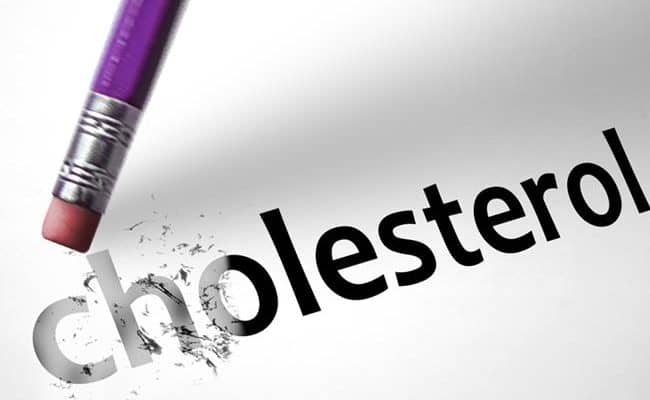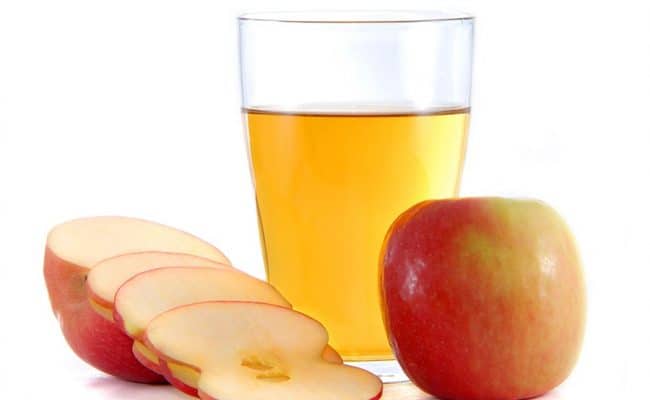
The effect alcohol has on your health can be a fine balance. Some research has shown drinking alcohol in moderation may have some health benefits for the cardiovascular system and possibly lowering risk for type 2 diabetes (1).
However, if you drink more than the moderate dose alcohol can seriously increase risk for damage to the cardiovascular system, liver, mental and digestive health. Drinking more than the moderate dose can also increase risk for certain cancers.
One drink or serving of alcohol is generally considered the equivalent to 12 ounces of beer, 5 ounces of wine (not a full wine glass) or an ounce and a half of hard liquor.
The recommended amount for women is a drink or less per day and for men under age 65 years is up to 2 drinks per day.
With this intake, some heart health benefits may occur from alcohol consumption. However, drinking more than this amount can have the opposite effect on health and increase risk for many conditions.
The process and speed of aging is dependent on many factors including genetics, environment, stress, diet and activity level.
Drinking alcohol at the moderate dose may not increase the aging process for most people, but drinking more than the recommended intake can increase aging.
If you do not drink alcohol, it is not recommended to start drinking alcohol for the health benefits. If you have a medical condition or are taking medication, speak with your healthcare team for individualized alcohol recommendations.
Here are some ways alcohol can affect the body both positively and negatively and how it is related with aging.
Alcohol and heart health
According to Harvard Health (2), many research studies have shown a positive effect from alcohol in moderate dose on lowering risk for: heart attack, cardiovascular disease and death from all cardiovascular disease.
One reason why moderate alcohol intake may positively affect heart health is alcohol can increase levels of HDL cholesterol, which is considered the good cholesterol. It may also influence blood clotting factors.
When alcohol is taken in above the recommended moderate intake, it can have a harmful effect on heart health which can increase the aging of the cardiovascular system.
Excess alcohol can raise blood pressure and damage the heart tissue.
Alcohol and skin health
Alcohol can have a big impact on aging by affecting the skin. Colin Miller, CEO of International Council on Active Aging claims in a June 2016 US News & World Report article (3) alcohol accelerates the aging of the skin.
Our skin is one of the strongest associations we have with aging. If alcohol ages the skin especially around the face it can cause people to look older than they really are.
Drinking alcohol can increase skin damage for wrinkles, puffy eyes and drying of the skin. Alcohol dehydrates the body, so it may cause skin to appear drier and more prone to wrinkles.
Some people have a flushed face after drinking alcohol, especially red wine. This condition is called rosacea. The face flushes because the blood flow is increased to the face and the blood vessels in the face are enlarged.
If people with this condition constantly drink alcohol, the blood vessels could more permanently become enlarged and stay visibly noticeable.
This can be treatable and preventable, but it is one-way alcohol can increase the aging process of the skin.
Some people can also be prone to develop acne after drinking alcohol. This is because drinking could increase stress which promotes the release of androgen hormones that stimulate the formation of acne (4). Over time, scarring of the skin from acne can appear to age the skin.
See Also: Foods to eat for perfect skin
Alcohol and mental function
Alcohol’s effect on the brain can be felt almost immediately for some by affecting judgement, mood, memory, vision and spatial awareness. Professor Wallace from University College London (5) suggests the brain is affected from too much alcohol even before the liver.
Symptoms from alcohol’s effect on the brain as you age can include: depression, altered impulse control, mood swings and problems with complex problem solving.
Heavy alcohol use can also increase risk for mental diseases associated with aging such as dementia (6).
Heavy alcohol use can also cause shrinking of the brain which can also affect the capacity of brain function.
There is individual variance for alcohol’s effect on the brain.
Factors that influence alcohol’s effect on the brain include: how much alcohol someone has, age, genetics, family history and general health status (7).
The effect of alcohol as you age
As adults age, physical changes happen with aging. In general, body composition shifts to more fat cells and muscle volume lowers. Organ volume and capacity can shrink, digestion can alter and we tend to take more medications as we age.
The percentage of body water goes down as age. Since alcohol is water soluble, as we age alcohol’s effects can be more concentrated because there is less water in the body.
Alcohol’s effect on the body is different from being young 30’s to late 60’s. What used to seem like a tolerable amount of alcohol when you were younger may have a more severe impact on your body later in life.
Research (8) from 2012-2013 found just over 50% of adults over the age of 65 years old drink alcohol. Of this amount, some drink more than the recommended moderate intake.
The effects of alcohol can be amplified as we age, and the aging effects of alcohol can be increased as your body physically ages.
If there is a health problem already in place, drinking alcohol can exacerbate health conditions.
For example, even though some evidence suggests drinking alcohol in moderate doses may help lower risk for type 2 diabetes, if you already have diabetes drinking alcohol can make it worse.











